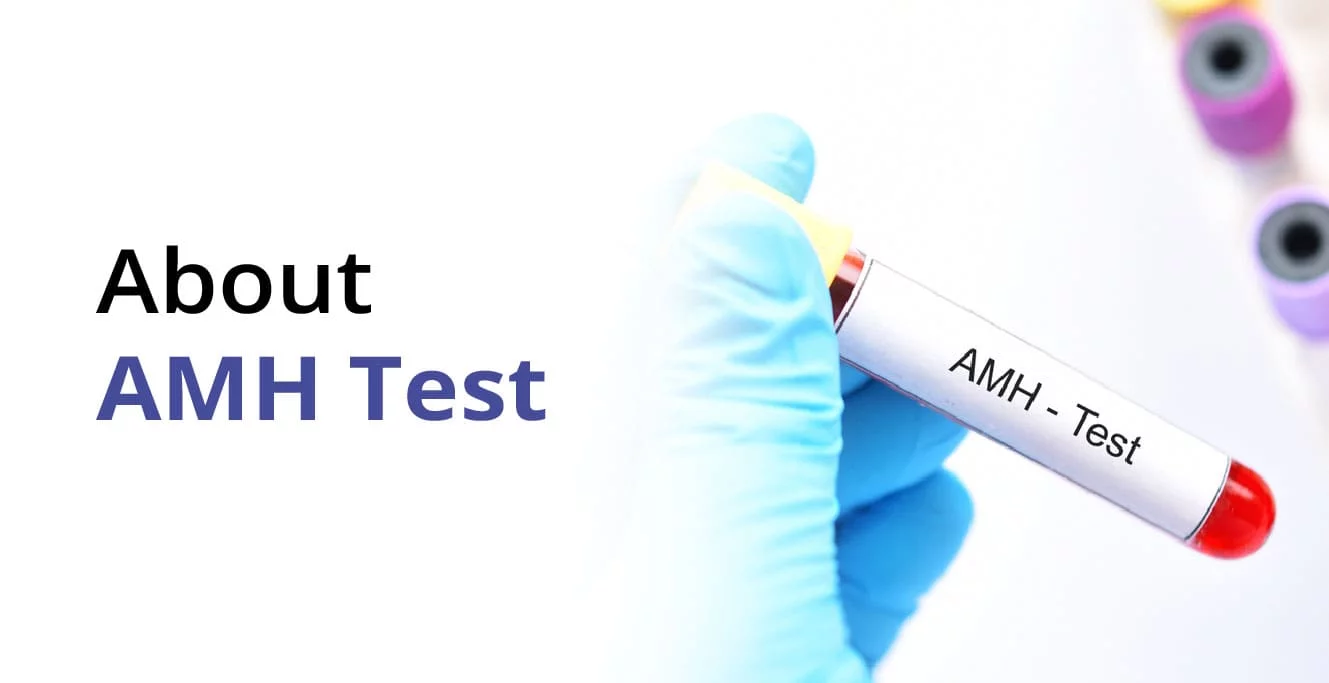In the realm of fertility assessment and planning, Anti-Müllerian Hormone (AMH) testing has emerged as a pivotal tool offering valuable insights into a woman’s ovarian reserve and potential fertility. As couples increasingly seek personalized approaches to family planning, the significance of AMH testing in guiding fertility care cannot be overstated.
Understanding AMH Testing
AMH is a hormone produced by the ovaries that reflects the quantity of a woman’s remaining egg supply, often referred to as ovarian reserve. By measuring AMH levels through a simple blood test, fertility specialists gain valuable information about a woman’s reproductive potential. This information aids in understanding the likelihood of achieving pregnancy and helps tailor personalized fertility treatment plans.
Predicting Ovarian Reserve
One of the primary roles of AMH testing is to assess ovarian reserve. Higher AMH levels typically indicate a larger number of remaining eggs, suggesting better fertility potential. Conversely, lower AMH levels might suggest a decreased ovarian reserve, which could impact fertility and the chances of conception.
Personalized Treatment Strategies
AMH testing plays a crucial role in customizing fertility treatments. For example, women with lower AMH levels may require different approaches to assisted reproductive techniques, such as in vitro fertilization (IVF). Fertility specialists can adjust medication dosages, treatment protocols, or provide alternative options based on individual AMH levels to optimize the chances of success.
Age and AMH Levels
While age remains a key factor in fertility, AMH testing offers a more individualized assessment. Women of the same age may have different AMH levels, influencing their fertility potential. AMH testing can provide a more accurate estimation of ovarian reserve compared to relying solely on age as a predictor of fertility.
Managing Expectations and Planning
AMH testing assists individuals in managing expectations regarding their fertility journey. Understanding one’s ovarian reserve can guide decisions about the timing of family planning and whether to pursue fertility preservation options, such as egg freezing, based on individual results.
Early Detection of Potential Issues
For women concerned about their fertility, AMH testing offers an opportunity for early detection of potential issues. Identifying lower ovarian reserve at an earlier stage may prompt proactive discussions with fertility specialists, allowing for timely exploration of available options and potentially avoiding unnecessary delays in fertility treatments.
Conclusion
AMH testing has revolutionized personalized fertility care by providing valuable information about a woman’s ovarian reserve and fertility potential. It allows for tailored treatment plans, helps manage expectations, and enables proactive decision-making in family planning. However, while AMH testing offers valuable insights, it’s important to interpret results in conjunction with a comprehensive fertility evaluation conducted by a qualified healthcare professional.
As individuals increasingly seek personalized approaches to family planning, AMH testing stands as a crucial tool empowering informed decisions and paving the way for optimized fertility care tailored to individual needs and circumstances.

